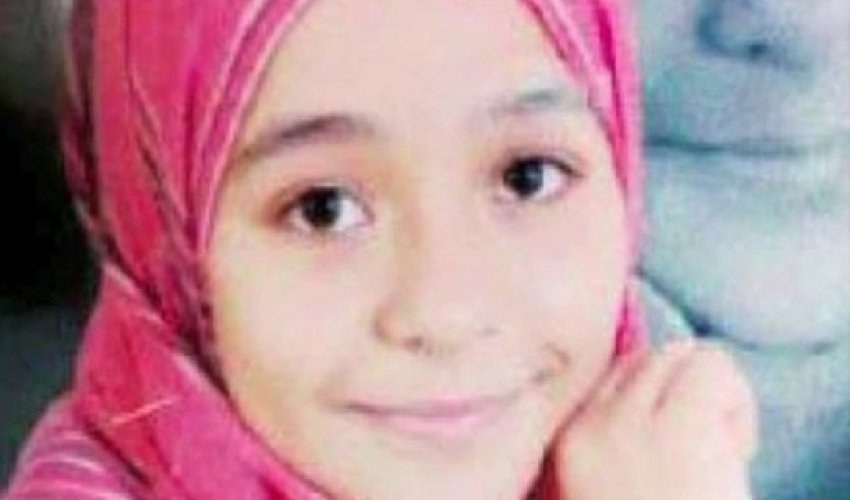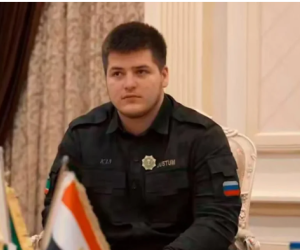Deadly risks, but female genital mutilation persists

It was June 2013, and Suhair al Bataa was burdened by punishing heat, and a feeling of foreboding.Friends say the youngster was frightened. They recall that when she went to repair her shoes, she said it would be for the last time. She told one of her sisters to look after the other.The top student was facing a brutal summertime ritual - female genital mutilation (FGM). She did not survive it.Widely practisedSuhair lived and died in a small farming community on the outskirts of the Nile Delta city of Mansoura.Beneath the lush green landscape lies a bedrock of faith and tradition. Both play a role in perpetuating FGM.It has been outlawed since 2008 but is still widely practised in Egypt, which has one of the highest prevalence rates in the world.Over 90% of women under 50 have experienced it, according to government figures.The removal of all or part of the external genitalia is done in the name of promoting chastity. Some parents see it as a religious duty in spite of a ruling against it by one of Egypt's leading Islamic authorities, the Grand Mufti.Typically it is carried out on girls aged between nine and 13 but there are victims as young as six, according to campaigners against FGM.They say there are even unconfirmed reports of newborns being subjected to it.Outside Suhair's modest home, her relatives defended the practice, and insisted no-one was to blame for her death."It is God's will," said her grandfather Mohamed al Bataa, a gaunt-faced man wearing a brown gallabeya (traditional floor-length shirt). "We are not angry with the doctor. The doctor does not want to kill anyone. We are all sorry, and definitely we regret this."But when asked if it was right to subject Suhair to FGM, her uncle Hassan's response was swift. "Yes of course," he said. "It has been done in the countryside for a long time. People here are used to it. Without circumcision, girls are full of lust."Hidden death tollSuhair's grandmother, after whom she was named, told us she herself was circumcised when she was about eight years old."We were four sisters, and we were circumcised in one day," she said. "Each of us was put in one corner of the room. Afterwards they gave us food and drinks."Gypsies used to carry out the circumcisions, she told us, placing dust and salt on the wounds.These days doctors carry out more than 70% of FGM procedures in Egypt. That is part of the problem, according to Philippe Duamelle, of the UN Children's agency, Unicef."It's perceived as being safer, but no-one learns how to do this at medical school. We should definitely assume more girls are dying as Suhair did," he said.The number of girls killed by FGM in Egypt is unclear, according to Mr Duamelle, because deaths are recorded as haemorrhages or allergic reactions to penicillin.That was the reason put forward by Suhair's doctor, Raslan Fadl Halawa, when we tracked him down at the private clinic in his home.Suhair's neighbours say the clinic was well-known for FGM, with up to a dozen procedures carried out there every day.Dr Halawa denied performing FGM on Suhair and said he had only treated her for genital warts.The doctor, who was visibly agitated, said the penicillin was given to her by someone else. Prosecutors think otherwise. They are putting Dr Halawa on trial, together with Suhair's father, who brought her to his clinic.Easily arrangedCampaigners warn that support for FGM is hard to quash - even in Suhair's village."The case has started a debate among the liberal-minded," said Mohamed Ismail, who works for a local women's rights organisation. "But for the dogmatic even the death of the girl hasn't changed their minds."As we filmed in Suhair's village, we found evidence of that. "What's all the fuss about?" one old woman asked. "Why did you come here? A thousand or so girls were circumcised after she died."Hanan, a fruit-seller, sat nearby with her infant daughter Farah on her lap. She told us she plans to have the curly-haired infant circumcised, by a doctor, when she reaches her teens."In the past there was ignorance," she said, "and people brought barbers to their homes to circumcise girls. Now we are more modern. We hear every now and then that girls die because of this. I'm afraid of that. But we are not scared of the authorities."It seems those carrying out the banned procedure are not either.Villagers told us it is still easy to arrange. They said there was no need to ring ahead for an appointment - they just turn up at the doctor's office with their daughters.'Scarred for life'While the prosecution of Suhair's father and her doctor is being hailed as a landmark case, it comes more than five years after FGM was outlawed.Unicef is calling for a clear law-enforcement effort. "This is a form of violence against children," said Philippe Duamelle. "It's an irreversible act. There are mental and physical scars that stay with the girl for a lifetime."We met only one opponent of FGM in Suhair's village - her best friend Amira Arafat, a spirited 13-year-old in a black abaya and patterned pink headscarf. She spoke out publicly against it, as locals crowded around."It's a very bad thing for girls," said Amira. "There's no need for it. It's wrong because it's dangerous."But she told us most of her friends had undergone the procedure. "It's the custom of the area," she said. "The problem is the mentality of the farmers."Suhair lies buried in a white-walled cemetery close to her home. Amira says she loved to joke, and dreamt of becoming a journalist.Campaigners warn that it will take more than one prosecution to spare other girls.(BBC)Bakudaily.az
Latest news 
More news 



































 Photo
Photo 



 Video
Video 

